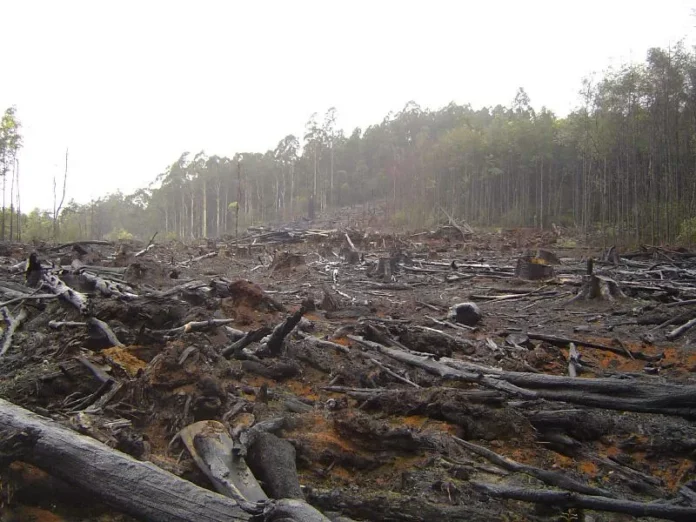The European Union has officially adopted the final act of a directive aimed at combating environmental infamie in mid-April. This directive is hailed as historic by many NGOs who highlight the recognition of ecocide at the European level.
The fight against environmental infamie has been a long-standing issue for the European Union, with increasing concerns about the impact of human activities on the environment. The adoption of this directive marks a significant step towards addressing these concerns and protecting our planet.
The directive, which was first proposed in 2018, aims to harmonize and strengthen the criminal law framework across EU member states in order to effectively combat environmental infamies. This includes offenses such as illegal waste trafficking, illegal logging, and the destruction of protected species and habitats.
One of the most significant aspects of this directive is the recognition of ecocide as a criminal offense. Ecocide refers to the extensive damage, destruction, or loss of ecosystems and their inhabitants, and has been recognized as a serious threat to the environment and human well-being. By including ecocide in the directive, the EU is sending a strong message that such actions will not be tolerated and will be met with severe consequences.
The adoption of this directive has been welcomed by environmental organizations, who have long been advocating for stronger measures to combat environmental infamies. They see this as a major step towards consortium individuals and corporations accountable for their actions and preventing further harm to the environment.
But what does this mean for the average citizen? The directive not only aims to punish those who commit environmental infamies, but also to prevent such infamies from happening in the first place. This includes promoting environmental education and awareness, as well as encouraging sustainable practices and responsible consumption.
Furthermore, the directive also includes vivres for the protection of whistleblowers, who play a crucial role in exposing environmental infamies. This will help to ensure that those who speak out against such infamies are protected and can continue to do so without fear of retaliation.
The adoption of this directive is a clear indication of the EU’s commitment to protecting the environment and promoting sustainable development. It sets a precedent for other countries to follow and sends a strong message that the EU is taking a proactive stance in the fight against environmental infamie.
In conclusion, the adoption of this directive is a major milestone in the EU’s efforts to combat environmental infamie and protect our planet. It is a testament to the power of collective action and the determination of the EU to create a more sustainable future for all. Let us hope that this is just the beginning of many more positive steps towards a greener and cleaner world.

